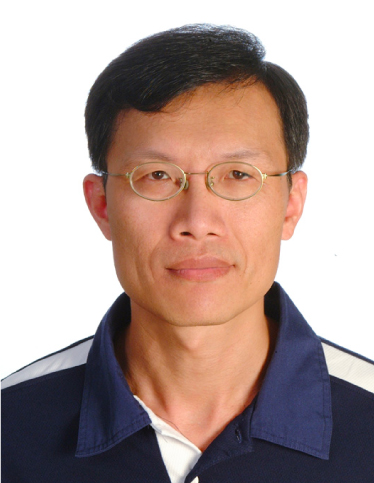
林若望
ildirector@sinica.edu.tw
Message from the Director
Owing to the efforts of our past directors, the Institute of Linguistics, Academia Sinica (ILAS), has been able to dedicate itself to research within linguistic disciplines since its establishment as a single-disciplinary institute in 2004. Apart from phonology, lexicology, syntax, semantics, historical linguistics and other core areas of linguistic research, we also conduct cross-disciplinary research in neurolinguistics, cognitive linguistics, corpus linguistics and computational linguistics. On the empirical side, ILAS is deeply concerned for local languages, while at the same time maintaining an international perspective. Our research colleagues have been working to maintain and document Taiwan’s endangered and minority languages in order to preserve Taiwan’s precious linguistic heritage. One of ILAS’ defining characteristics is this diversity in our empirical breadth, coupled with the variety of methodological approaches our colleagues employ in their research, and our research plays leading roles in several subdisciplines of the field.
It was in August 2014 that I began my term of service in ILAS, an institute with a wealth of talent and an overall track record of excellent academic performance. I am indebted to my colleagues for recommending me as ILAS director and also thank the president of Academia Sinica for approving this recommendation. In the future, I will uphold our institute’s spirit of selflessness, carry on our fine traditions and, together with my colleagues, exert my greatest effort to create a high caliber research institute that has vision, vitality, visibility and takes a leading role in the academic community. With this in mind, I would like to share my future aspirations with you as follows.
1.An Open Mind and Common Goals
Currently, ILAS has 18 research fellows with a variety of expertise. Although different people have different ways of looking at things, it is my hope that, through communication and negotiation, we can set aside our own points of view and with open minds create common goals oriented toward ILAS’ overall development. Together, with these goals in mind, we can display our vitality, create new opportunities and increase our international visibility.
2.Excellent Taste and Overall Performance
A good research fellow is not just a publication machine focused only on their own output volume or impact factor, but also pays close attention to research quality. In other words, our research topics need to show both continuity and foresight, and we should strive for original and breakthrough results in our research, enabling us to become significant experts in our field. Senior research fellows should groom and cultivate succeeding generations, and junior research fellows should proactively, but also modestly, strive to elevate their research momentum. This will enable our institute as a whole to achieve an outstanding level of performance.
3.Local Action and Global Thinking
Min and Hakka count among the languages which are local to Taiwan; they also have the highest number of speakers in Taiwan next to Mandarin. Nevertheless, research output on these two languages is proportionally low, and international visibility falls far short of other languages spoken here. As Academia Sinica is the nation’s highest-level research institution, and Min and Hakka comprise the majority of Taiwan’s local language speaker population, we have a responsibility to promote research on these languages on the world stage. But, regardless of whether the target of our research is Austronesian, Tibetan-Burman or other minority languages, our findings should be compared within a broader crosslinguistic context. Only in this way will we be able to reveal similarities and differences across languages, as well as have our research results published in the best international journals and bring our influence to bear in the broader academic community.
4.Interdisciplinary Communication and Human-oriented Thinking
As members of the nation’s highest-level research institution, we also should step outside of our academic ivory tower and communicate with people in the world at large in an effort to present our research in a way that is accessible to a more general audience. We should also explore what our research contributes to humanity as a whole. Thinking philosophically about the relationship between academic research, human beings and society can perhaps help us to better appreciate the value of research and its publication.


